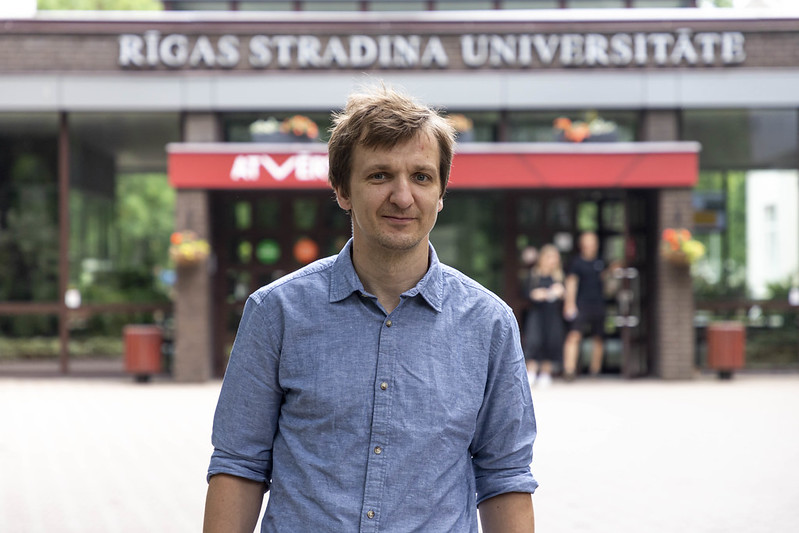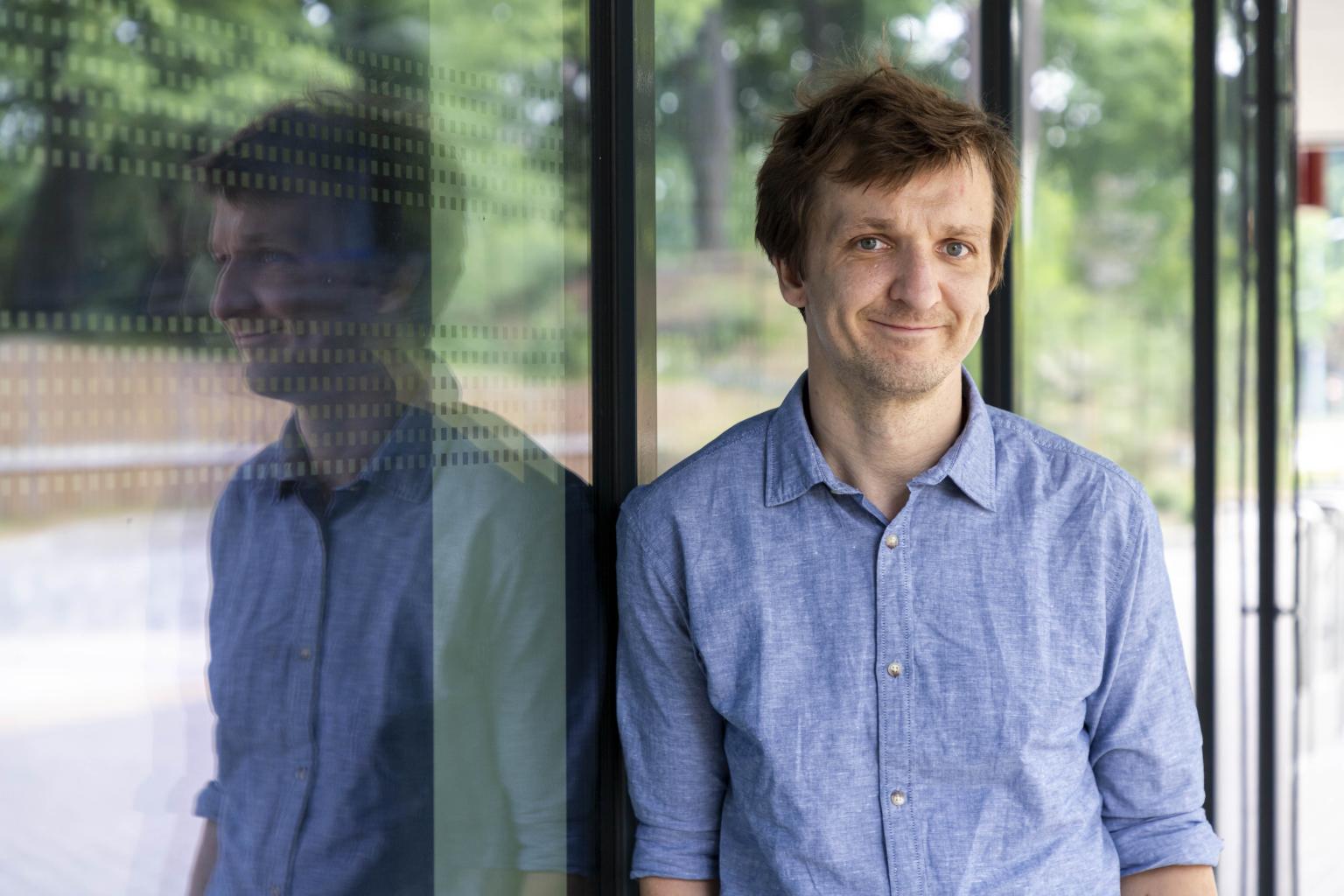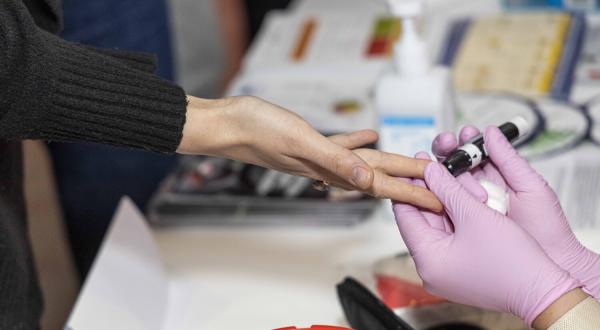RSU and Baltic Studies Centre sign cooperation agreement to promote social sciences and interdisciplinarity
Rīga Stradiņš University (RSU) and the research institute Baltic Studies Centre (BSC) have signed a consortium agreement to pool their experience and resources to jointly contribute to the development of social sciences, research-based innovation, and science communication. We had a conversation with RSU tenured professor Miķelis Grīviņš (pictured), who described the opportunities and experience of both partners, the importance of the cooperation, and its desired impact on society.

How would you describe the importance of the agreement?
The agreement opens up a wide range of opportunities for cooperation. It is now based not only on mutual interest, but also on a legal document defining the nature and governance of the consortium jointly established by RSU and BSC, as well as the rights and obligations of both parties.
A legal document facilitates cooperation, however, it is based on common expectations and goals. What are you planning to achieve?
I have worked at the Baltic Studies Centre before and we were very successful in attracting funding from the European Union's Horizon programme for research and innovation.
At the same time, as a small private non-profit research institute, the BSC has limited capacity to carry out administrative work. It also lacks the necessary academic and research infrastructure. RSU, on the other hand, has both the administrative capacity and the infrastructure. As RSU is looking for different ways to attract European funding for research, and BSC has experience and success in implementing both Horizon and other programmes, together we can successfully compete in various funding programmes.
Do you have any particular plans already?
Not just plans, there is already some work in progress. I have been working as a tenured professor at RSU for half a year, meaning I have experience both at BSC and RSU. In order to test our joint capacities, we have submitted a number of initially small joint projects, which are a kind of kick-off for the preparation of larger projects.
We are currently working on a Horizon project with a submission deadline of February 2024.
Our goal is rather ambitious and unprecedented – to lead a consortium coordinating work across Europe, with Latvia as the lead partner. RSU has the administrative capacity as well as the experience and infrastructure to make this happen. BSC has experience in managing work packages and successfully absorbing European funding.
Another joint task will be the organisation of an international conference at RSU.
This conference will be dedicated to the sector I represent – agri-food and health. Many cities wanted to organise this conference. The overall theme of the conference will be how people's eating habits are changing the environment and our health. I have no doubt that RSU would be capable of organising it alone, but together we can do more. The conference also has a pragmatic value. It is an opportunity to make new contacts in the field and to showcase our achievements to international partners. To show that Latvia has a corpus of competent researchers in this field and that we are reliable as partners.
The first events will already take place in October. Which ones?
One of my ambitions is to jointly organise as many different international events as possible, which will also be a good experience for our future work together.
On 16 and 17 October we are organising a workshop on a scenario method. My conviction is that such an event should be international and take place at RSU. BSC will show itself as a strong partner that is deeply rooted in the academic environment, while for RSU students and PhD students it will be an opportunity to learn a completely new method. In addition, the seminar will be open to everyone.

What will the participants learn at the workshop?
In our fast-changing reality, research results are sometimes already outdated by the time they become wider known. Crises come one after another and we cannot predict how relevant the results of a study launched today will be three years from now.
According to the new scenario method, which you will have the opportunity to learn at the workshop, we adapt the research to the specific future situation and the predicted crises.
The study would help address future challenges that will exist, but which we do not yet know for sure. This makes the research more usable, whatever the future crises.
The consortium jointly established by RSU and BSC opens up a wide range of cooperation opportunities, with each member contributing its own research expertise and resources. This will be a major breakthrough for both partners and Latvian research as a whole.




